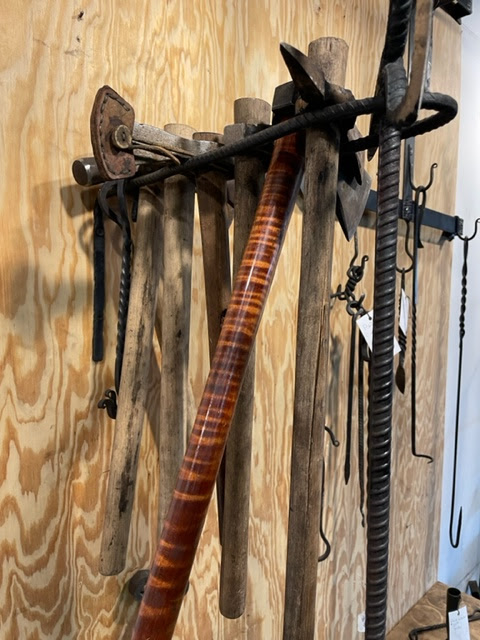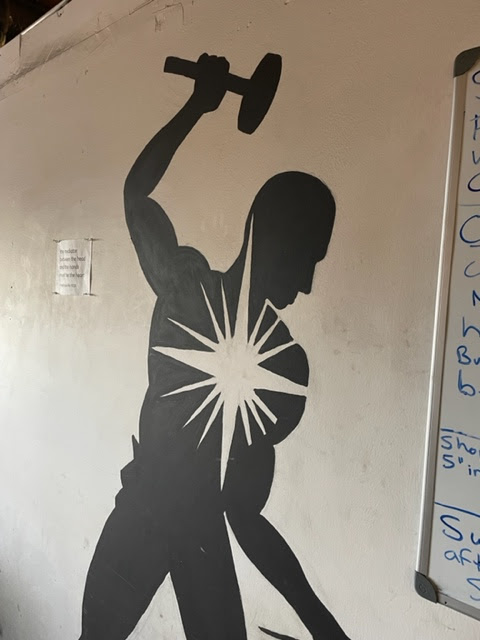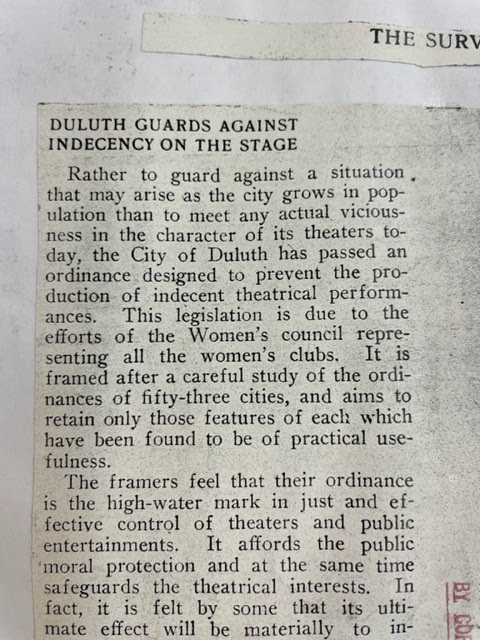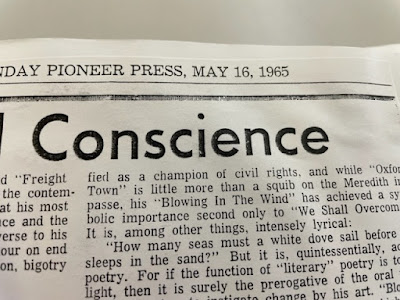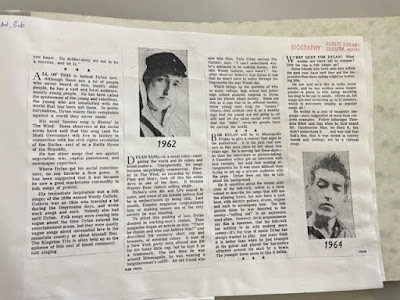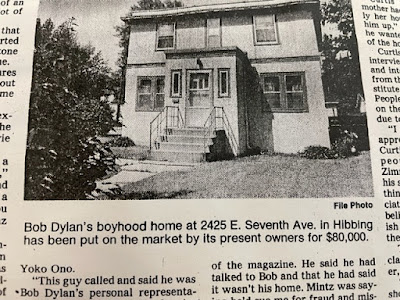This past week I read an article about the current state of England's universities. I'm sure that an American author could write a similar article on some of what has been happening in our own universities. The article was published in The Unherd, which I've been periodically reading for a year or so. What I like is their in-depth stories and non-aligned views. That is, they publish articles that would likely annoy "both sides of the aisle" so to speak. That is what I like about Reason magazine as well.
The article that caught my attention was titled How universities were corrupted. The subhead is: Vindictive protectiveness has re-shaped our institutions
The essay by Matthew Goodwin begins like this:
When are we going to do something about the state of our universities? We must surely by now be familiar with the symbols of this unfolding crisis. Philosopher Kathleen Stock, who was harassed by students and staff to such an extent that she was forced to leave her position at the University of Sussex. Noah Carl, the promising research fellow, who was chased out of Cambridge. Tony Sewell, the government advisor who oversaw the Commission on Race and Ethnic Disparities before suddenly finding his offer of an honorary doctorate at the University of Nottingham withdrawn. Tim Luckhurst, the Principal at Durham who invited Rod Liddle to speak at a dinner and was then suspended after students demanded he be disciplined.
The big concern, and what seems to be at stake here as well, is the pressure being put on schools to move away "from their founding mission to search for truth through free inquiry."
Maybe it has always been this way to some extent. Bertrand Russell's lecture and booklet Freedom of Speech and Freedom of Thought did address this last matter a century ago, but I get the impression that it has been exacerbated in recent years for a variety of reasons. One of these is spelled out in Greg Lukianoff and Jonathan Haidt's The Coddling of the American Mind.
* * *
In a related critique of today's universities, William Deresiewicz sounds a wake-up call to American universities and institutions in an opinion piece titled American education’s new dark age . The subhead tells the story: Colleges have abandoned real learning for wokeism.
Deresiewicz's piece begins with his sharing his own wake-up experience teaching at an elite college in Southern California. "I assumed that they’d arrive with a fairly good idea of how to make an argument with an academic context and that I would be teaching them how to apply those skills to a very different set of rhetorical occasions," he writes. But he was wrong.If that’s the kind of education students have received by the time they get to college, do things get better once they arrive? Not usually. Old habits die hard. Elite students, already competing for the next prize, continue to conduct their lives at the same frenetic pace. At the large mass of institutions below the level of the elite, the problem is less apt to be misdirected zeal than sheer indifference. Courses are a bother; campus culture runs to sports and beer.















